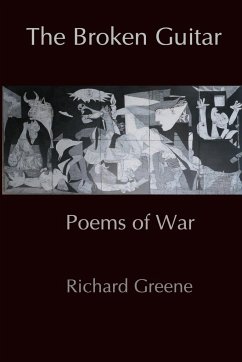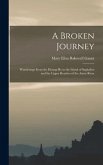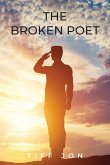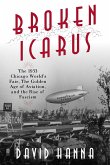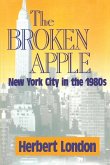The Broken Guitar by Richard Greene is a collection of poems about war: Memorial Reading the name of a young man who died in war saddens us. Yet more the names of thousands engraved in granite, or marble, their parents' hopes and dreams interred in stone. All that remains are a few keepsakes, and memories of newborns, toddlers, vulnerable boys, youths becoming men, those now sad memories, and names carved in cold stone. Who wanted those wars? Their leaders of course, but all too often those same young men, and all too often those who mourn for them.
Hinweis: Dieser Artikel kann nur an eine deutsche Lieferadresse ausgeliefert werden.
Hinweis: Dieser Artikel kann nur an eine deutsche Lieferadresse ausgeliefert werden.

